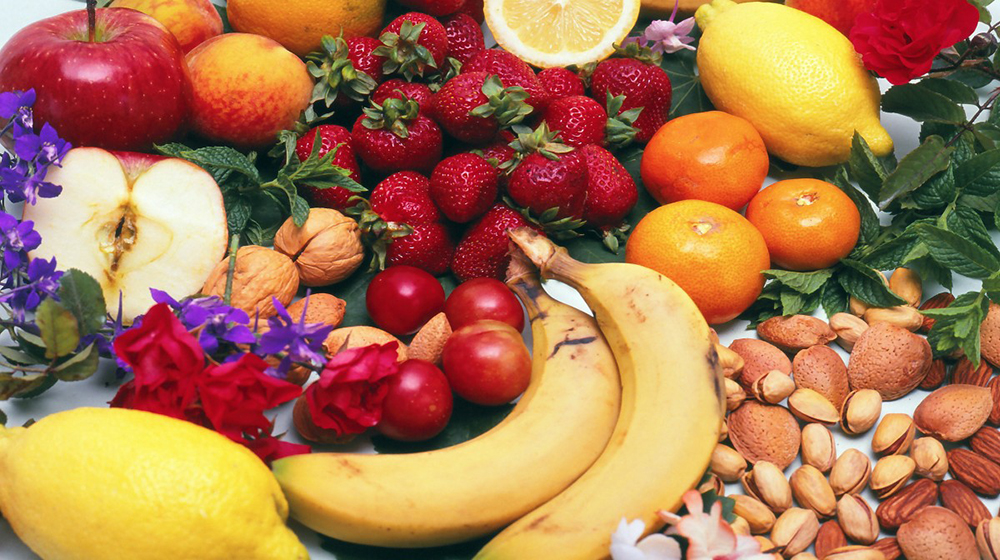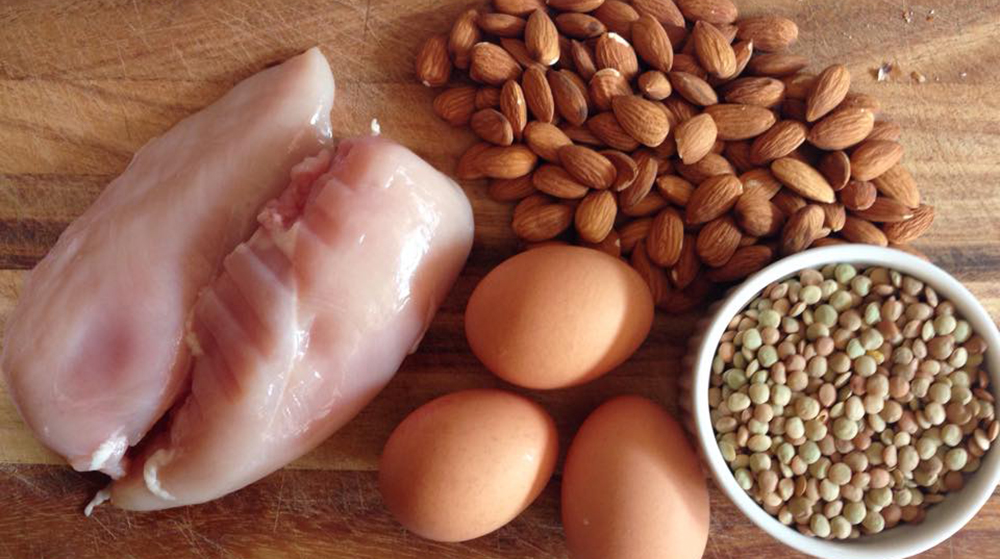Sports have always attracted the younger generation the most, since ages. It’s widely popular and played among young people. For optimum growth and development and to maintain their athletic performance, young athletes need to consume an appropriate diet. But Alas! The dietary intake of these young athletes follows a major population peer trend rather than public health or sport recommendation. Proper nutrition, in combination with an appropriate amount of physical activity, is of paramount importance for building the future champions. This will help them to achieve various benefits -
- Make the athletes more focused in their games, which helps in achieving proper mental health.
- Will help them to boost their energy and stamina during harsh training
- Will improvise their immunity and defence against various pathogens. Helps in making stronger bones and healthy tissues.
- Provide proper growth and development of the body — also, aids in proper blood circularization inside the body.
A proper diet should include -
Nutrition
It is the key to better performance for young athletes. Balanced nutrition, including macronutrients such as carbohydrates, proteins, fats, and micronutrients such as vitamins and minerals along with fluids in appropriate amounts is essential. The macronutrients provide fuel for physical activity. Micronutrients provide proper defense mechanism to the body.
Carbohydrates
These are the essential source of energy in the form of glucose for athletes. Carbohydrates should comprise 45% to 65% of the total caloric intake for 4 to 18 years old. Major sources of carbohydraes are whole grains, vegetables, fruits, milk and yogurt.
Proteins
It helps in building and repairing of muscle, hair, nails, etc., and should comprise approximately 10% to 30% of total energy intake in 4-18-year-olds. Good sources of protein include lean meat, fish, eggs, dairy products, beans and nuts.
Fats
These are essential to absorb fat-soluble vitamins such as A, D, E, K, which aids in providing essential fatty acids, protect vital organs and helps in proper insulation. Saturated fats should not compromise more than 10% in the diet. For young athletes of 4 to 18 years, age fats should comprise 25% to 35% in total energy intake. Favoured sourced for fats should be lean meat, nuts, seeds, olive, dairy products and canola oils. Fat from chips, candy, fried foods should be minimized.
Calcium
It’s important for bone health, normal enzyme activity and muscle contraction. Daily recommended intake of calcium is 1000mg / day for 4-8years old and 1300 mg/day for 9-18 years old. Major sources include - milk, yogurt, cheese, broccoli, spinach and fortified grain products.
Vitamin
Vitamin is essential for proper maintenance of the body. Vitamin D is necessary for bone health and involved in the absorption and regulation of calciu3m. The current recommendation suggests 600 IU / day for 4-18 year-olds. Sources of vitamin D include milk and sun exposure.



Information is so good .
ReplyDeleteKeep making more and publish about it.Good one.
Great information
ReplyDelete